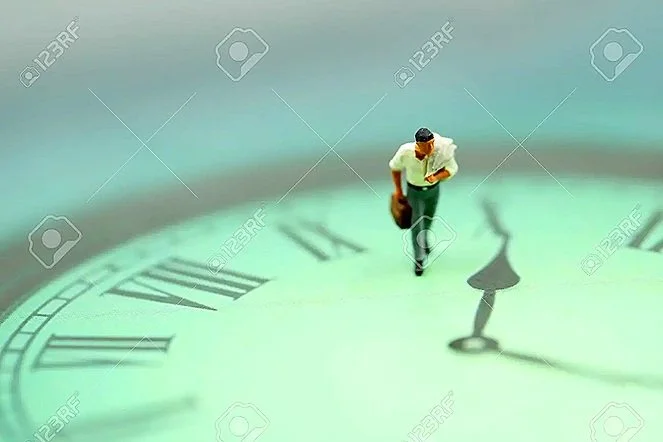Thumbs up to those of you moving forward with a Focus to the changes you are consciously making for Success. ·
There is always going to be something that will try and keep you from going all-in on your unique take of how to do life and business.
Complications come from - Somatic brain and body things; Relationship things; Business issue things; Family things, and Spiritual things.
Why do we make the choices we do? It’s a question worth asking because it ultimately determines whether or not we are living the life we choose for ourselves, or we are involved with wasted opportunity.
The true nature of growth is to be conscious, as much as possible, to your choices. It is interesting to me to hear that Dr. Joe Dispenza, a noted educator, researcher, author, and international lecturer says that by the time we are 35 years old, 95% of all our thinking is routine and unconscious. 95% of our life is conditioning and machine-like behavior! That leaves only 5% that qualifies us for being the free human beings we pride ourselves on being.
When you do something unconsciously, we cannot call that choice. And yes, we know that when it happens, we can catch a glimpse of it by focusing on our choices and their outcomes. Especially if that outcome, which we experience, is the same one each time, because of unconscious repeated habits applied to situations that bring about outcomes we would prefer not to have happened, yet somehow we are expecting a different outcome. A different outcome is not going to happen when using unconscious thinking and its emotional output. We’re left to accept whatever comes our way. It leaves us with no choice but to try to get comfortable in whatever designated little box we have decided to put ourselves in, telling ourselves that that’s just the way life is, even if we have to go numb to adjust to the situation, and we do that.
I Offer The Alternative:
That you are not stuck.
You are just committed to certain patterns of behavior because they helped you in the past.
Those unconscious behaviors have become what is defeating you in your effort forward. And these are the reasons you are not moving forward.
You must understand that if you want to work, live, and play at a different level, that to do that you must consciously level up - change your mind about the way you go about things and how you view them. Change your view and you change how the world is viewed.
So, you can either settle in and accept it - or you can finally exercise the Conscious freedom you hold in such high regard. Freedom, however, requires consciousness. You owe yourself a journey of self-discovery. In order to be free, you must become aware of who you are - your tastes, your desires, your personal standards, your values. You must know what you stand for or you'll fall for anything that comes your way - and there's so much that wants to pull your attention these days. That's why you must be focused on what your ideal life is pointing to. Once you choose to be conscious in this fashion, you’ll discover a curious thing: You are in accord with your life path all along. You didn't have to figure it out. You didn’t have to be invented, you only had to be conscious to discover its clues. Who you are was already there and what those urging where and why you want the things you want.
I’ll be dropping some coaching events and opportunities for you to consider into the blogs soon.
Aloha
Keep Consciously Moving
Calvin





















